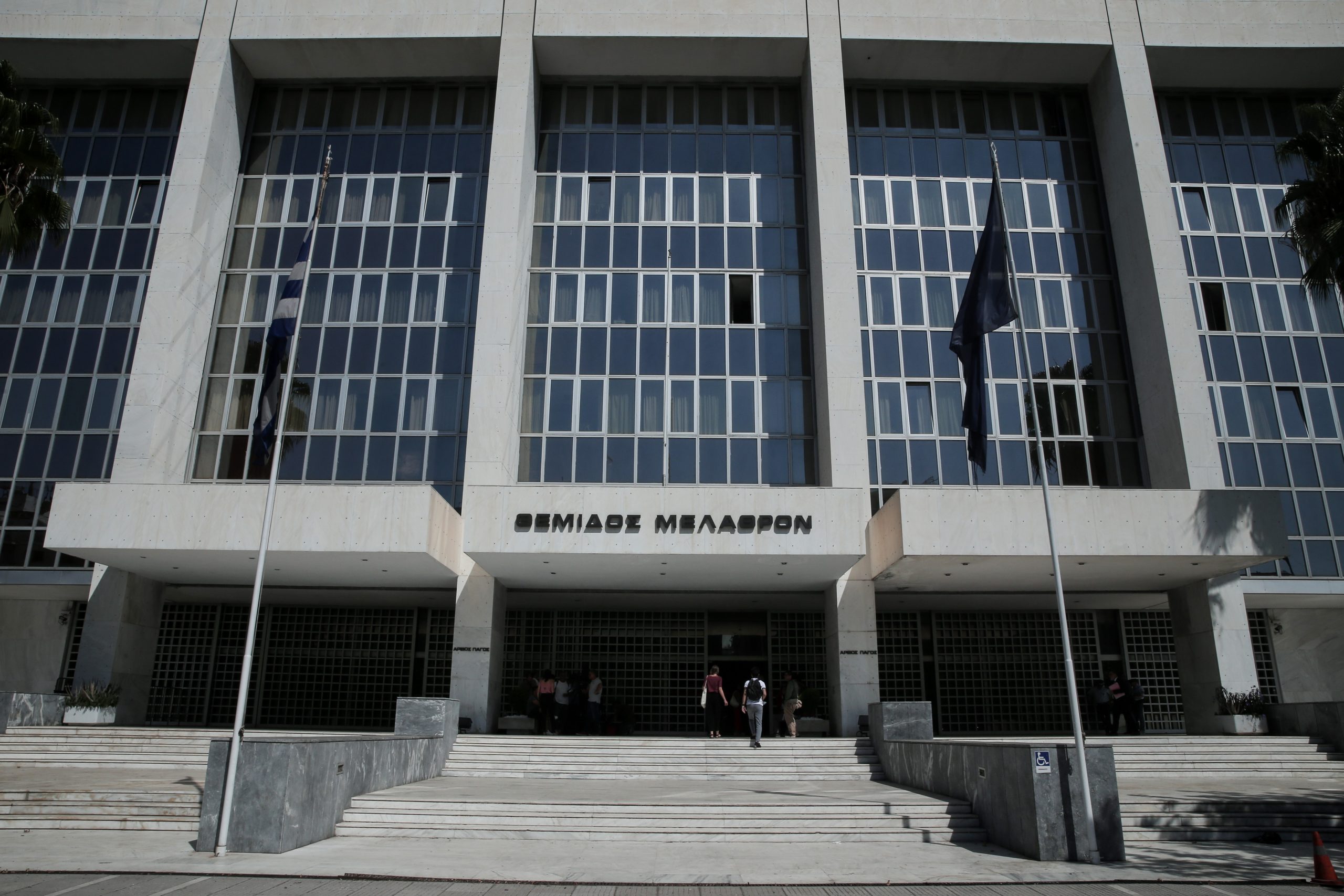A potentially massive fraud case involving a local man who attempted to claim ownership of 45 properties on the upscale Saronic Gulf islands of Agistri, Hydra and Spetses, claims totaling more than 550,000 square meters, has now come under judicial investigation.
Deputy Minister of Digital Governance Konstantinos Kyranakis and the president of Greece’s land registry service (known as the National Cadastre), Stylianos Sakaretsios, on Friday filed a motion with Greece’s supreme court.
The case allegedly involves a fraudulent scheme using forged documents and false witness testimonies to claim ownership of the plots of land. The scheme allegedly relied on the same witnesses and the same notary for laying ownership claims – usually through the legal concept of adverse possession (usucaption) – to the properties, which supported retroactively amended property declarations filed with the tax bureau.
Notaries in Greece are law school graduates who draw up and attest to the signing of contracts, last wills and testaments and property transactions, while retaining legal copies of all the aforementioned transactions in their own archive.
Kyranakis stated that cadastre’s staff is now closely scrutinizing similar cases.
At the moment Greece does not yet have a fully unified and operational land registry – a “sore point” in terms of comparisons with its peers in other advanced countries, and especially vis-a-vis its EU partners. An ambitious EU-funded program to create such a land registry embarrassingly collapsed in the late 1990s, with successive Greek governments since then mostly relying on national funding and fees paid by claimants in an urgent attempt to finally inaugurate a national cadastre — nearly 200 years after Greece was established as an independent country.
The current government wants to have the land registry complete by 2025, while promising the elimination of ambiguities in print files and records stored in boxes and burdened by unclear declarations.
The finalized land registry will provide a comprehensive map delimitating public and private property, demarcating forests, shorelines, coastlines and ownership boundaries.
“The message we want to send to those who enter ideas is that these practices through digital controls are now easily detected. And the statute of limitations for these offenses is twenty years,” Kyranakis said, in referring to the judicial investigation.
He underlined that severe penalties are in place for such instances of fraud, with perpetrators now facing sentences of five to 10 years imprisonment for fraud against individuals, and 10 to 20 years for offenses against the state.



